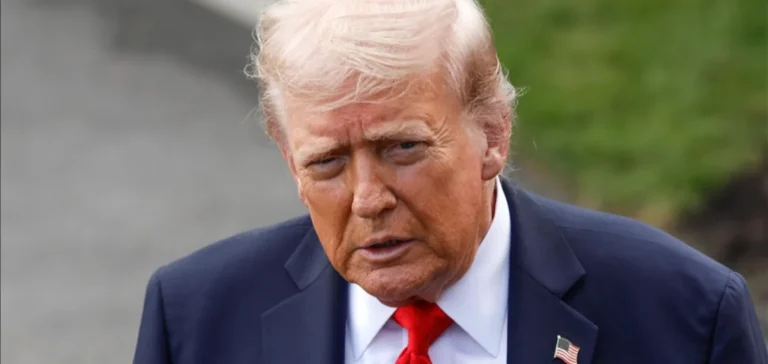US President Donald Trump has demanded that his European allies within the North Atlantic Treaty Organization (NATO) immediately stop purchasing oil from the Russian Federation. Speaking at a dinner hosted by the ACI think tank in Virginia, he announced that Matthew Whitaker, US Permanent Representative to NATO, had been tasked with delivering this request to European partners.
Trump described these imports as “incompatible” with Western efforts to apply pressure on Moscow. He stated that such energy flows undermine the strategic cohesion of the military alliance while weakening the United States’ negotiating position in the context of the Ukrainian conflict.
Washington questions allies’ energy policy
According to Trump, Whitaker will begin bilateral discussions with the concerned member states to persuade them to reconsider their reliance on Russian oil. He added that the US administration would take the necessary steps to support this transition, without specifying any details or timelines.
The president also reiterated his readiness to impose severe economic sanctions against Russia, provided that other NATO members align with this position. He noted that certain countries within the alliance continue to indirectly fund Russia’s war effort by importing its oil, which he considers a conflict of interest within the transatlantic bloc.
Economic pressure and US energy strategy
Trump further mentioned the possibility of import duties ranging from 50% to 100% on Chinese goods, asserting that such a measure could be used as a negotiating tool for a diplomatic resolution to the conflict in Ukraine. He suggested that these tariffs could be lifted if a political agreement with Russia were reached.
In the same speech, the president confirmed that the United States was intensifying efforts to increase domestic oil production. He stated that this increase aimed to reduce energy costs nationwide, without providing details on investments or expected production volumes.
Washington’s demand comes as several European countries continue to maintain high levels of Russian oil imports despite ongoing diplomatic tensions. The Trump administration seeks to reinforce NATO’s political alignment while minimising economic divergence among allies.






















